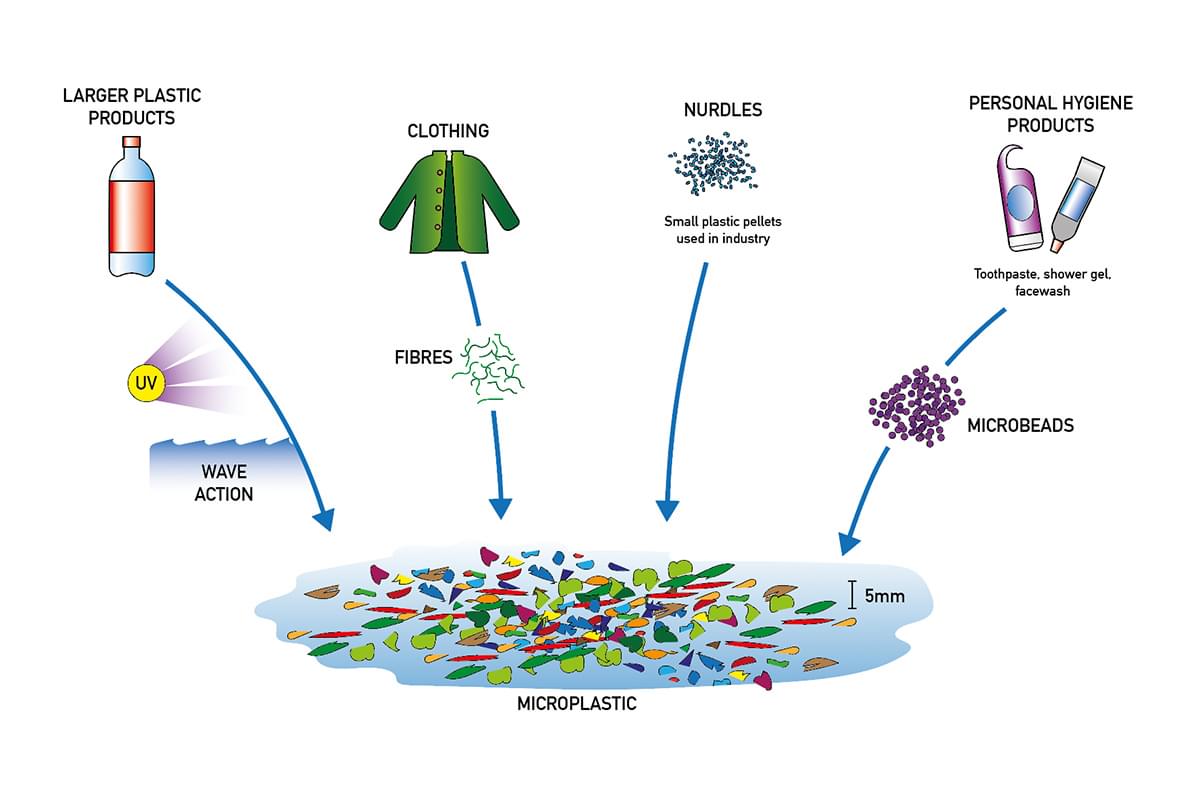The Potential Impact of Microplastics on Children's Brain Development: Concerns About Neurodevelopmental Impairment
The Potential Impact of Microplastics on Children's Brain Development: Concerns About Neurodevelopmental Impairment
Microplastics are pervasive in our modern world, contaminating the environment, food supply, and even the air we breathe. While their physical presence alone is concerning, recent studies suggest that microplastics could pose a significant threat to brain development, especially in children. As young brains are still forming and highly sensitive to environmental toxins, exposure to microplastics may have profound and lasting effects. In this blog post, we will explore how microplastics may impact children's brain development and what parents can do to minimize risks.
Why Are Children More Vulnerable to Neurodevelopmental Impacts?
Children’s brains are rapidly developing, making them particularly susceptible to external influences, including environmental toxins like microplastics. Here’s why they are at higher risk:
- Blood-Brain Barrier Immaturity: The barrier protecting the brain from harmful substances is not fully developed in young children.
- Critical Periods of Development: Early childhood is marked by rapid neural growth and synapse formation.
- Higher Absorption Rates: Due to faster metabolism and smaller body size, children may absorb more contaminants relative to their body weight.
How Microplastics Can Affect Brain Development
Research on the neurological impacts of microplastics is still in its infancy, but preliminary findings indicate potential threats to cognitive and behavioral functions.
1. Neurotoxicity from Plastic Chemicals
- Endocrine Disruptors: Chemicals like BPA and phthalates, commonly found in microplastics, can interfere with hormonal regulation, affecting brain function.
- Neuroinflammation: Microplastics can induce inflammatory responses that may damage neural tissues.
- Oxidative Stress: Excessive reactive oxygen species (ROS) production can damage brain cells and impede neural communication.
2. Disruption of Neural Communication
- Synapse Dysfunction: Microplastic exposure may disrupt synaptic signaling, leading to impaired cognitive functions.
- Reduced Neuroplasticity: The brain’s ability to form and reorganize synaptic connections may be hindered.
- Altered Neurotransmitter Levels: Imbalances in dopamine and serotonin could affect mood and behavior.
3. Behavioral and Cognitive Implications
- Attention Deficits: Difficulty concentrating and maintaining focus.
- Learning Disabilities: Challenges with memory retention and problem-solving.
- Behavioral Changes: Increased anxiety, irritability, or mood swings.
Real-Life Concerns and Emerging Studies
Although direct human studies are limited, animal models have shown that exposure to microplastics can impair learning, memory, and behavioral responses. Some studies on mice have revealed decreased cognitive performance and altered brain structures when exposed to high levels of microplastics.
How to Reduce Your Child's Exposure to Microplastics
While it’s nearly impossible to eliminate microplastics entirely, you can take practical steps to reduce exposure:
- Avoid Plastic Food Containers: Opt for glass or stainless steel instead.
- Filter Drinking Water: Use filters capable of removing microplastics.
- Limit Processed Foods: These often contain higher levels of plastic contaminants.
- Choose Organic and Fresh Foods: Reduce intake of pre-packaged and processed items.
- Clean Indoor Air Regularly: Use air purifiers and dust frequently to minimize airborne particles.
Supporting Brain Health Through Nutrition
Proper nutrition can help support brain function and reduce the impact of toxins:
- Omega-3 Fatty Acids: Essential for cognitive function and brain development.
- Antioxidant-Rich Foods: Combat oxidative stress and support neural health.
- Whole Grains and Fresh Produce: Promote stable blood sugar levels, essential for brain energy.
Final Thoughts
While the research on microplastics and brain development is still emerging, the potential risks are concerning enough to warrant proactive measures. By minimizing exposure and supporting brain health through a nutritious diet, parents can help protect their children from potential neurodevelopmental harm. Raising awareness and advocating for reduced plastic use can also contribute to a healthier environment for future generations.
Amazon best seller






Comments